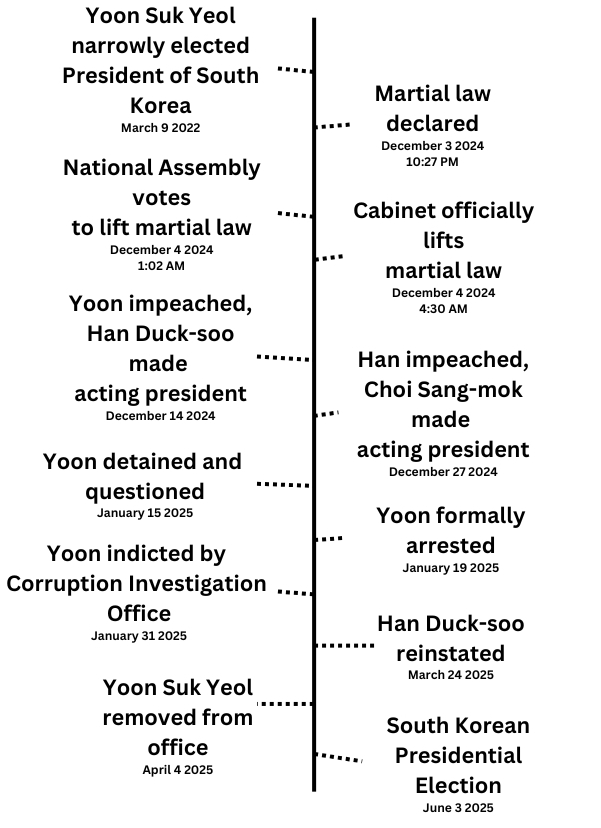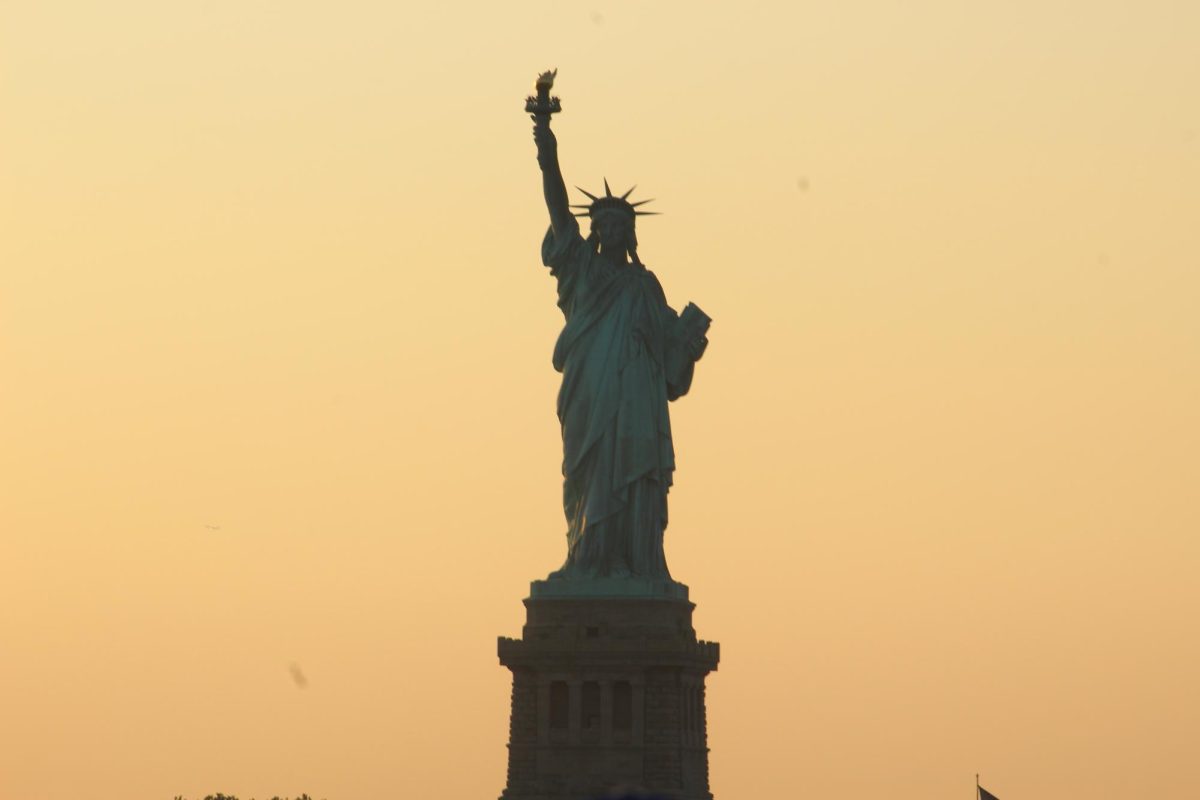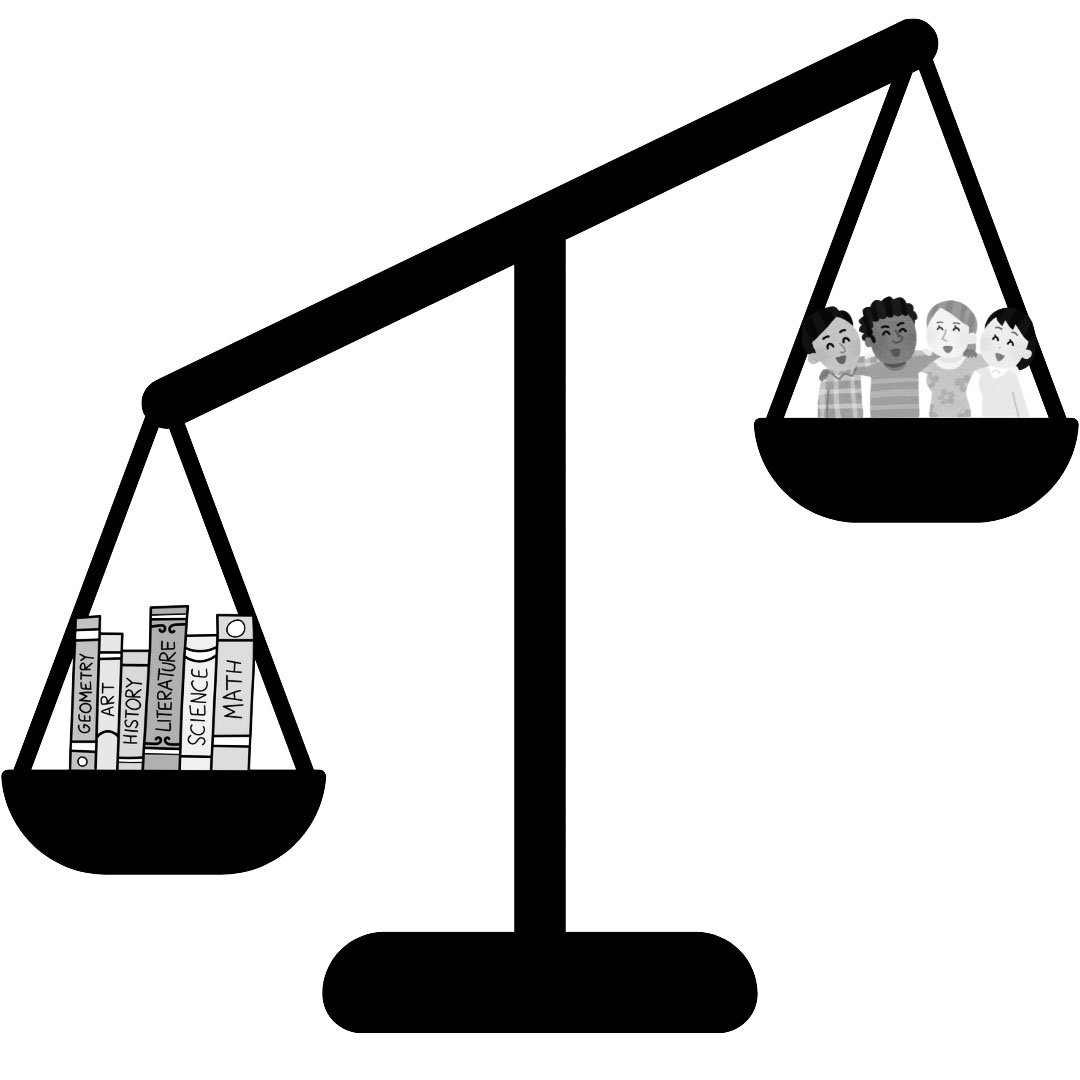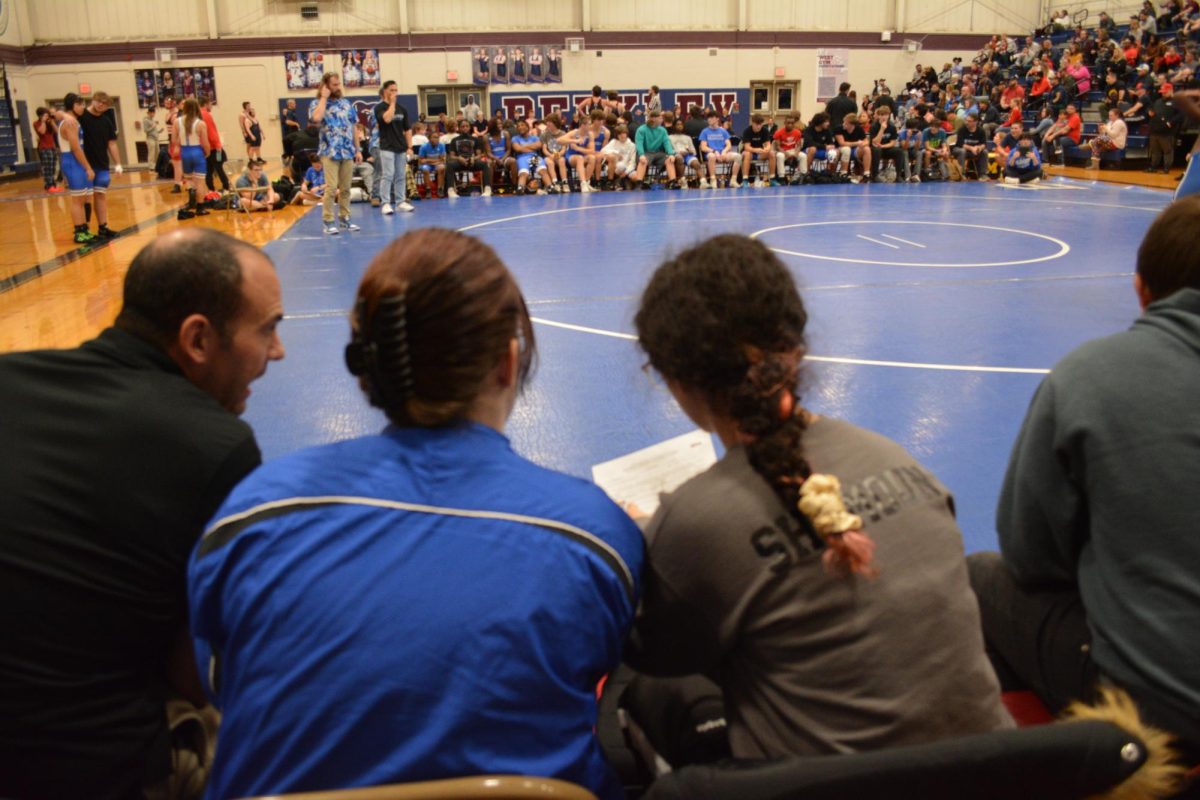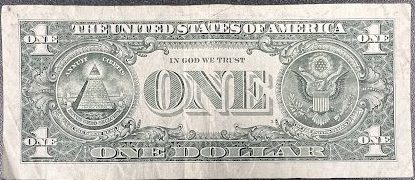In June of 2022, Roe v. Wade, a landmark case protecting a woman’s right to an abortion, was overturned by the Supreme Court in a 5-4 decision. This sparked much controversy across the nation, and it has raised questions as to whether we’re truly a state separated from the church?
On June 8th, 1789, James Madison proposed the addition of the Bill of Rights to the United States Constitution as a way to ensure that all Americans were guaranteed protection of basic rights. Scarred by the Protestant Church so heavily tied with the English monarchy, many different groups were essentially forced to migrate outside of England’s tyrannical rule, free to practice the religions they’d so like. The First Amendment protects the freedom of religion, stating, “Congress shall make no law respecting an establishment of religion, or prohibiting the free exercise thereof.” This allowed for the then many diversions of Christianity to be openly practiced without persecution from the government. As the United States grew in population, so did its diversity. Many more religions, such as Judaism, Muslim, Buddhism, Atheism, Islam, and Hinduism are now just some of the notable religions practiced among American citizens. Yet, Christianity still remains as the most practiced religion in the country, reflecting about 70% of the population.
But this is not a debate of whether Christianity is infiltrating the state; it’s facing a reality that regardless of what one practices, religion itself will never be removed from politics. In a democracy such as the United States, we’ve gained the right to vote upon who will lead our country and make the decisions that directly impact us. Many of our morals, values, beliefs, and life-experiences impact our decisions with regard to political-preferences, so naturally, religious beliefs will have a large impact on why or how someone votes. Politicians who are elected into office tend to be there for their ability to accurately reflect the beliefs of their constituents, be it socially, spiritually, or economically. Within the 118th Congress, Pew Research Center reports that 496, or 87.8% of the members out of 534 identified as Christian. The next largest group was the Jewish population, consisting of merely 33 members of Congress – that’s a 463-person difference. This is somewhat representative of the U.S. population though, for 70.6% of American citizens report being affiliated with Christianity according to the Pew Research Center.
Abortion is a very hot topic right now due to the overturning of Roe v. Wade (2022). A majority of the people who consider themselves “pro-life” tend to also identify as Christian, citing their view on abortion as “being against God’s will.” Those who are “pro-choice” tend to not have a religious affiliation, or their religion doesn’t advocate against abortion, making them feel less compelled to prevent the termination of pregnancies. Regardless, many people are firm in their stances, resulting in resentment shown toward Christianity from outside opinions. Yet, if the topic is on the ballot, one must understand that religion has nothing to do with the topic – despite the common misconception that it does – and that one will vote with their religious beliefs at the forefront of their mind. If one feels so strongly about the topic, a democracy allows for them to potentially reflect their views.
This issue has been brought forth multiple times to the Supreme Court, most notably Lemon v. Kurtzman (1971). The Nonpublic Elementary and Secondary Education Act of 1968 had just been passed in Pennsylvania, providing government aid to private schools. This, although was extremely beneficial for these districts, was fought due to seemingly violating the Establishment Clause under the First Amendment. Ruled with a 8-0 decision, a new system, the Lemon Laws, were implemented to ensure that problems such as this would no longer arise.
Throughout the years following, similar cases were brought before the courts, such as Everson v. Board of Education, McCullum v. Board of Education, Zellers v. Huff, and Espinoza v. Montana Dpt. of Revenue. These were all ruled in favor of the plaintiffs, citing the Lemon Laws being violated by the defendants. Recently though, the court case Kennedy v. Bremerton School District (2022) overturned the Lemon v. Kurtzman ruling, instead implementing a consideration of “historical practices and understandings.”

After hearing this, some may ask, “Where is the debate? Isn’t the separation defined in the Constitution?” Well, many argue that the United States Constitution, a living document, is meant to be left to interpretation to fit the social climate of the present day. There are claims that the division was stated only in a letter by Jefferson, saying, “I contemplate with sovereign reverence that act of the whole American people which declared that their legislature should ‘make no law respecting an establishment of religion, or prohibiting the free exercise thereof,’ thus building a wall of separation between Church & State.” This article provides clarity on Jefferson’s objectives, yet it is not an official document, merely a letter. This consequently leaves the true meaning to be decided by the Supreme Court and its eight justices. So, even with a concrete document, the purpose and intention behind words will forever be infiltrated by religion.
Our national anthem, Pledge of Allegiance, U.S. currency, and the Declaration of Independence cite God as one above all. No matter one’s religious affiliation, it must be faced that regardless of our country’s efforts to build a wall between the church and the state, it can never happen. Through the form of a democratic government, as well as an ever changing





